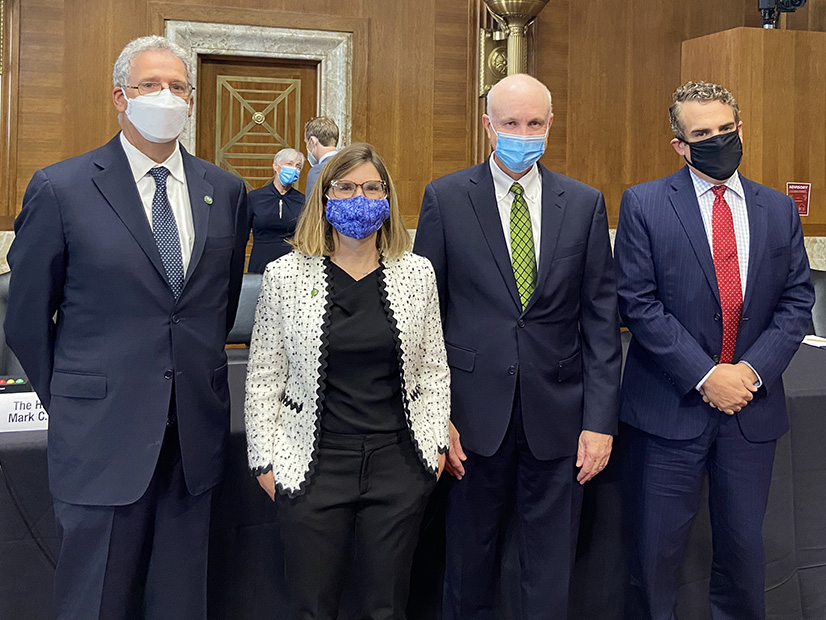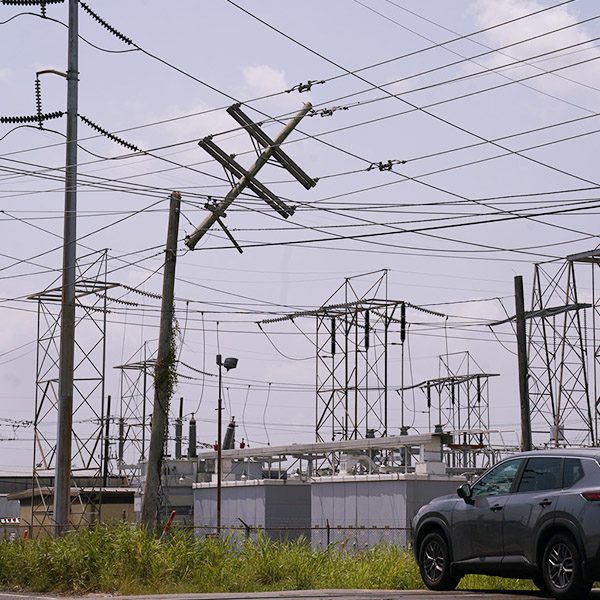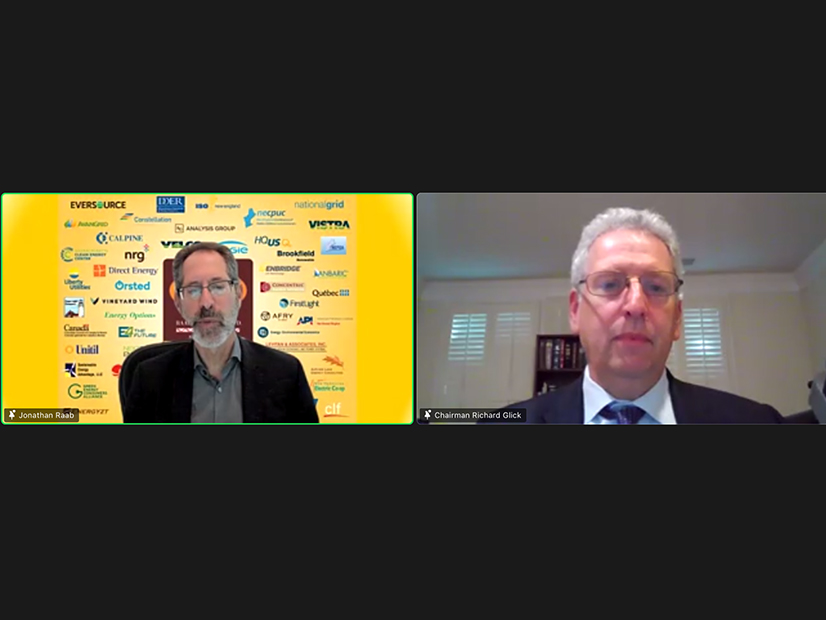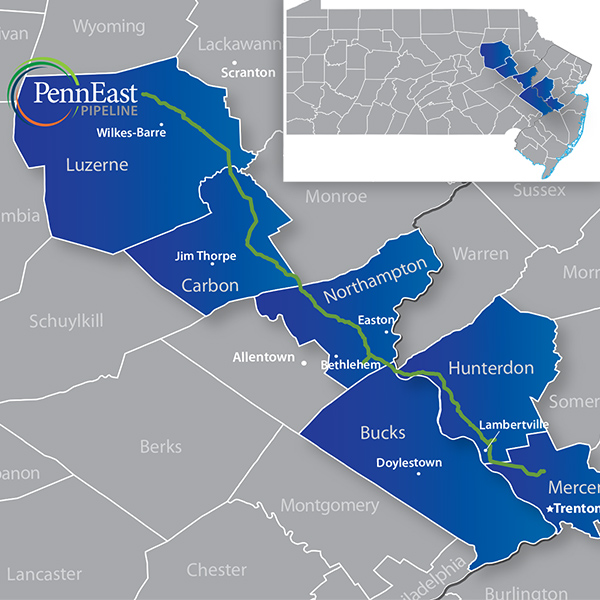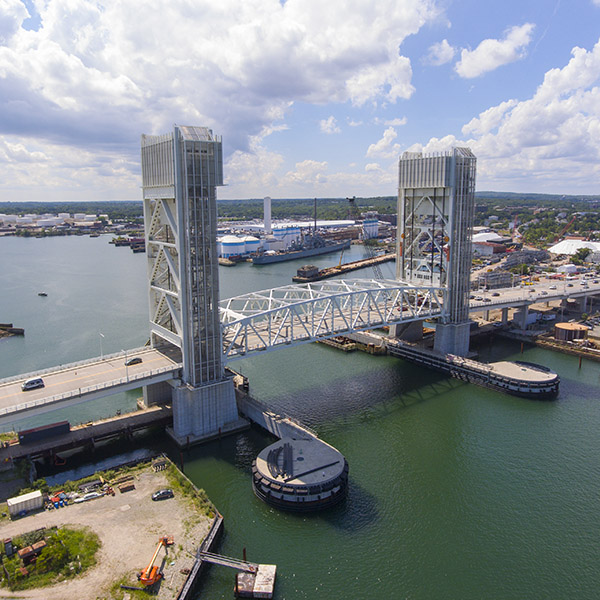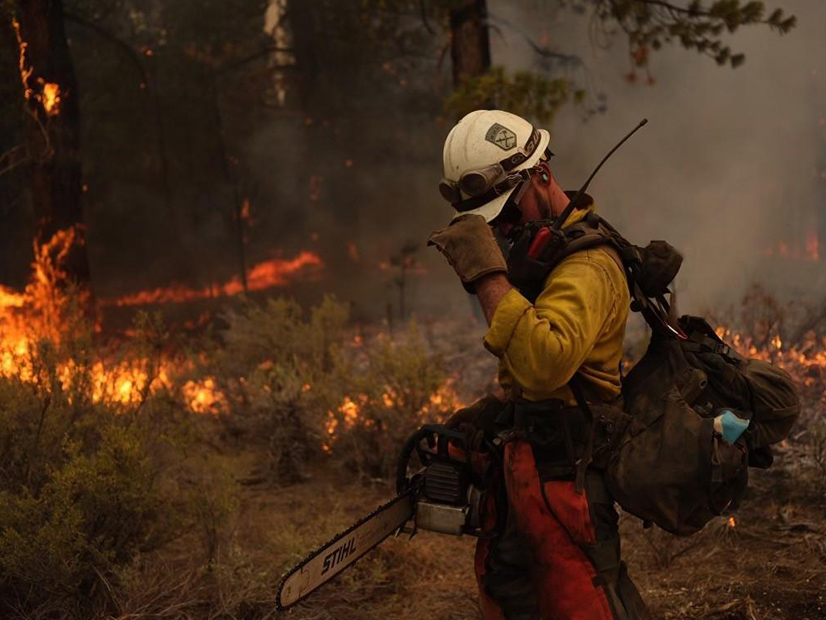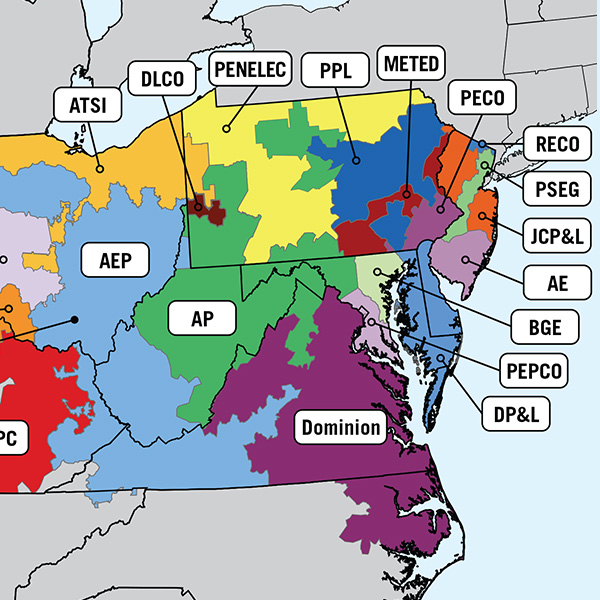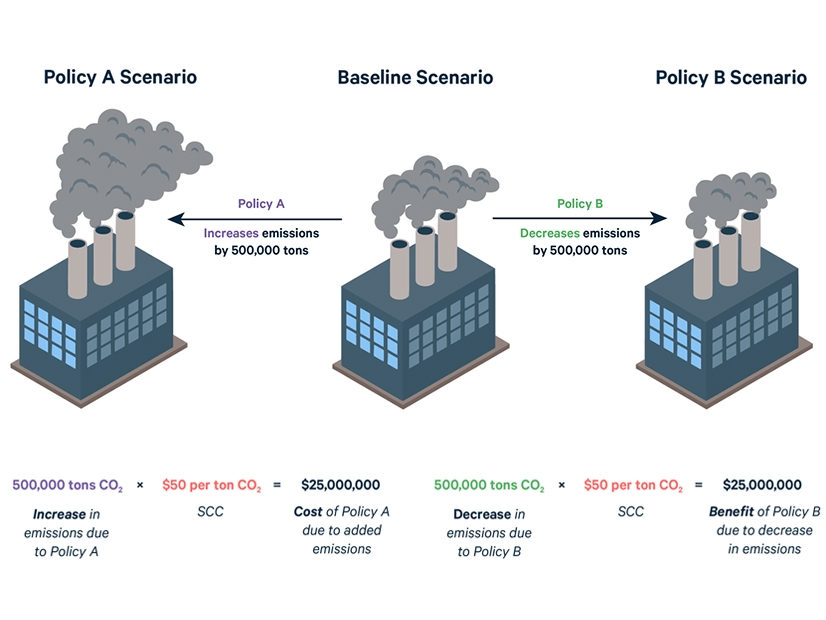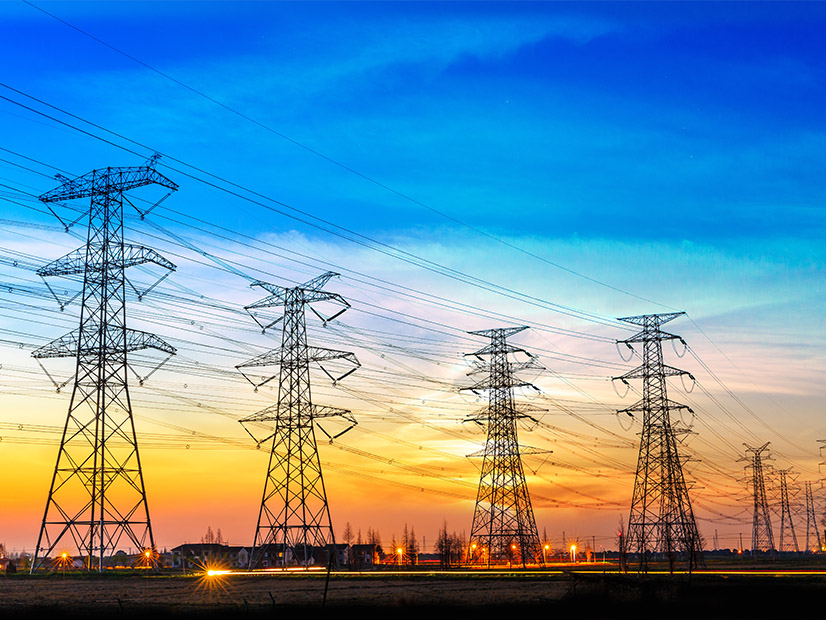FERC & Federal
The Federal Energy Regulatory Commission is an independent regulatory agency that oversees the transmission of electricity, natural gas and oil in interstate commerce, as well as regulating hydroelectric dams and natural gas facilities.
A U.S. Senate committee hearing featuring FERC commissioners focused on issues outside of FERC’s jurisdiction, including Democrats’ energy proposals.
Entergy continues to field criticisms that it’s hindering transmission development to keep its territory shielded from competing energy suppliers.
FERC Chair Richard Glick delivered the keynote speech at Raab’s New England Electricity Restructuring Roundtable, which focused on transmission planning.
Developers of the proposed PennEast natural gas pipeline canceled the project, conceding defeat despite a victory before the U.S. Supreme Court in June.
The site of the Weymouth natural gas compressor station previously hosted both a coal facility and a fuel storage tank.
Four manslaughter charges against PG&E in the 2020 Zogg Fire followed the first lawsuit against the utility for starting the still-burning Dixie Fire.
FERC approved PPL’s purchase of Narragansett Electric in Rhode Island from National Grid for $3.8 billion, giving the Pa.-based company a foothold in ISO-NE.
PJM transmission owners provided no evidence that they are having difficulty raising capital but insisted the law was on their side in their bid to rate-base network upgrades.
More granular data and improved computing power are allowing economists to refine their climate change predictions — and, they hope, influence policy.
Panelists dissected FERC’s proposed rulemaking on transmission planning and cost allocation, noting what the commission left out and the challenges ahead.
Want more? Advanced Search
